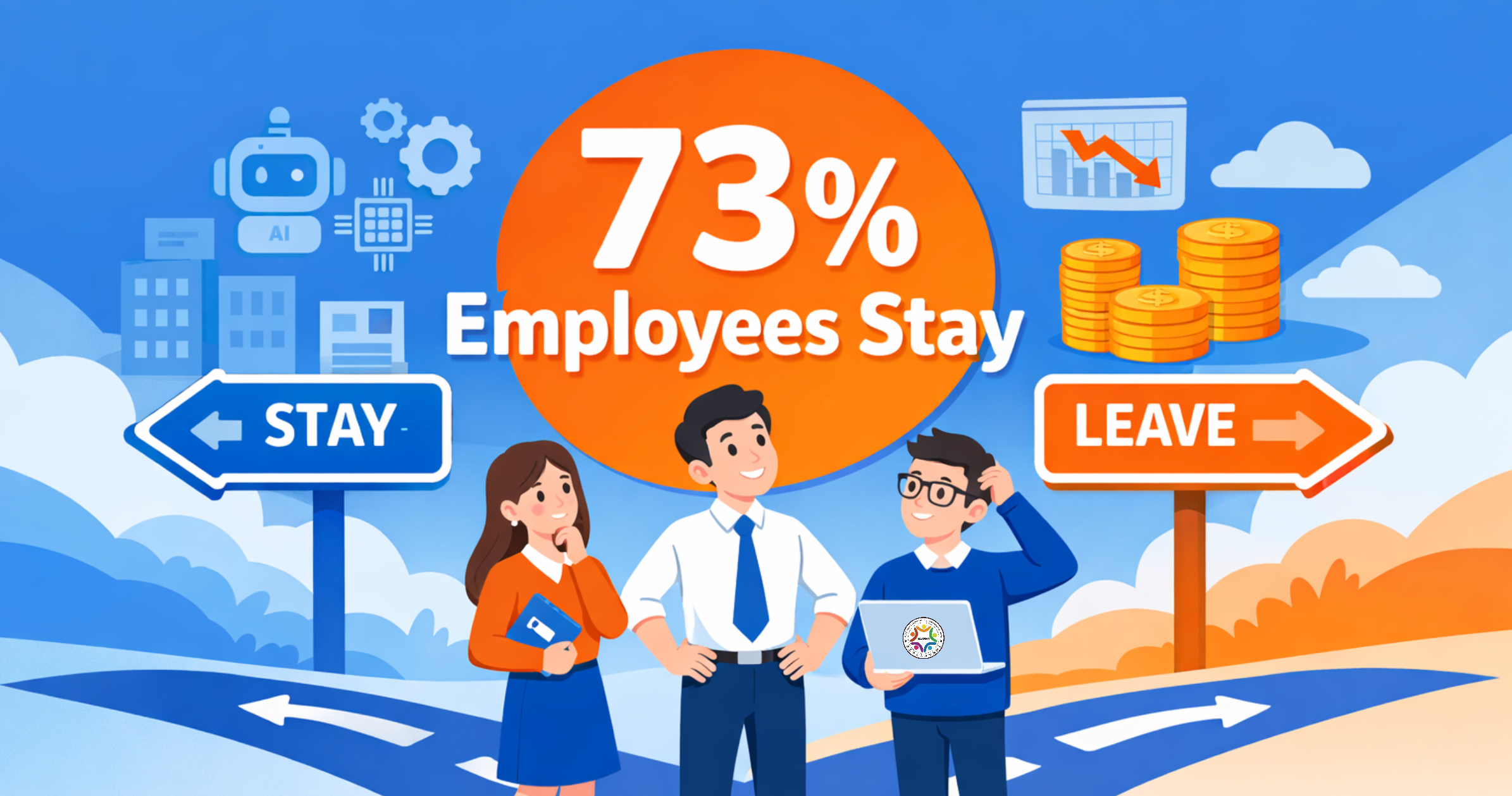While the U.S. doesn’t have a national paid leave mandate, that hasn’t dissuaded states and cities from taking matters into their own hands.
As is often the case in employment law, the Golden State has served the role of trailblazer. In 2004, California became first state to implement a paid family leave mandate.
The move spurred a wave of other states to follow, including Rhode Island, Washington, New Jersey, and New York.
California’s paid family leave rules are among the country’s most generous, offering employees up to six weeks to bond with a child or care for an ill family member. This leave needs to be paid at 60 to 70 percent of regular wages, depending on how much the individual usually earns. In a rare case of
“fully paid” family leave, the city of San Francisco requires employers to foot the bill for the remaining wages that aren’t covered.
Thankfully for businesses concerned about costs, employers don’t actually pay for the statewide program. Paid leave in California is funded through an employee-paid tax. That said, HR teams are still tasked with ensuring that
the right systems and payroll deductions are in place to make that happen. What’s more, state law also requires that leave balances display on employee pay stubs, so workers are aware of how many days they’re entitled to. Businesses with California employees should work with their payroll providers to ensure that their system supports these requirements.
Beyond traditional paid leave, keep in mind that
even vacation time is subject to state rules. California considers accrued PTO as a part of overall earnings and requires that it be paid out to departing employees. That payout has to happen along with their last check,
due within 72 hours of their departure or on their last day, depending on whether the employee voluntarily quit or was fired. It’s for this reason that
“unlimited” vacation policies often raise legal questions in the state. If PTO is considered part of an employee’s earnings, how do you pay out an unlimited policy if he or she terminates?
While California is certainly on the paid leave bandwagon, will lawmakers on Capitol Hill follow suite? Though paid family leave has historically been a non-starter with Republican lawmakers who view most employer mandates unfavorably, that hardline stance has softened in recent years. President Trump and members of his family have voiced support for paid family leave, and a
number of proposals have been put forward in Congress.
Only one thing is certain: if that federal mandate ever does come, it’ll be California HR professionals who will be best prepared.





 扫一扫
添加客服
扫一扫
添加客服




